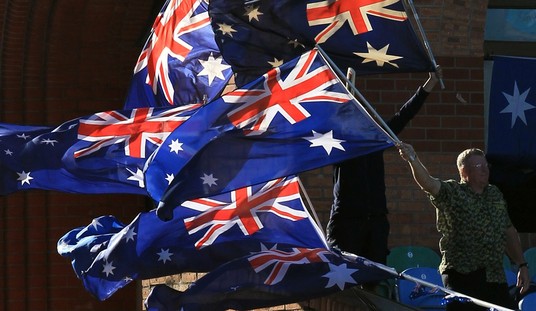Russian President Vladimir Putin said during a live Q&A program that it was acceptable to lift the ban on selling the S-300 anti-aircraft missile system to Iran because Tehran is “demonstrating a lot of flexibility and an obvious desire to reach a compromise on their nuclear program.”
“In effect, all participants in the process have announced that an agreement has been reached. Now they only have the technical details to deal with, and they will complete this before June. This is why we made this decision,” Putin said.
Russian Foreign Minister Sergey Lavrov said earlier this week there was “no more need” for the 2010 embargo, and Iranian Foreign Minister Javad Zarif lauded the move by “an important partner.”
Israeli Prime Minister Benjamin Netanyahu called Putin on Tuesday to warn that the sale would only wreak more havoc in the Middle East.
“If someone fears that we have started cancelling the sanctions, apparently our colleagues do not know that the supply of these systems is not on the UN list of sanctions,” Putin continued in the Q&A, during which he answered 74 audience questions over nearly four hours. “We suspended this contract absolutely unilaterally. Now that there is obvious progress on the Iranian track, we do not see why we should continue imposing this ban unilaterally – I would like to emphasize this again.”
“As for the list of sanctions envisaged by the UN resolutions, we will of course act in unison with our partners. We have always cooperated with this, and I would like to stress that we have made a large contribution to the settlement of the Iranian nuclear issue.”
Putin stressed that since Russian companies made the $900 million equipment, “why should we take the loss?”
“As far as Iran is concerned, it is a completely different story that does not pose any threat to Israel whatsoever. It is a solely defensive weapon,” he added. “Moreover, we believe that under the current circumstances in the region, especially in view of the events in Yemen, supplies of this kind of weapon could be a restraining factor.”
State Department spokeswoman Marie Harf told reporters today that they have “significant concerns” about the sale and “previously made our objections known.”
“We, look, aren’t going to speculate into Russia’s decision-making, I think. That was part of what he talked about today. Certainly the case that Russia’s economy has been under incredible strain, and that as some press reports have noted, it may be that Russia is doing this purely for the money involved, given they need an influx of finances, given the state of their economy,” Harf said. “We do not, and we agree with what President Putin did say, that we don’t expect this to impact the unity of the P5-plus-1 inside the negotiating room. He said that, and we certainly believe the same.”
“A possible reason may be for the money,” she said of the arms sale.
“The easiest way for the Russians to help fix their economy is to stop doing the things that required sanctions to be put on in the first place,” Harf said.








Join the conversation as a VIP Member